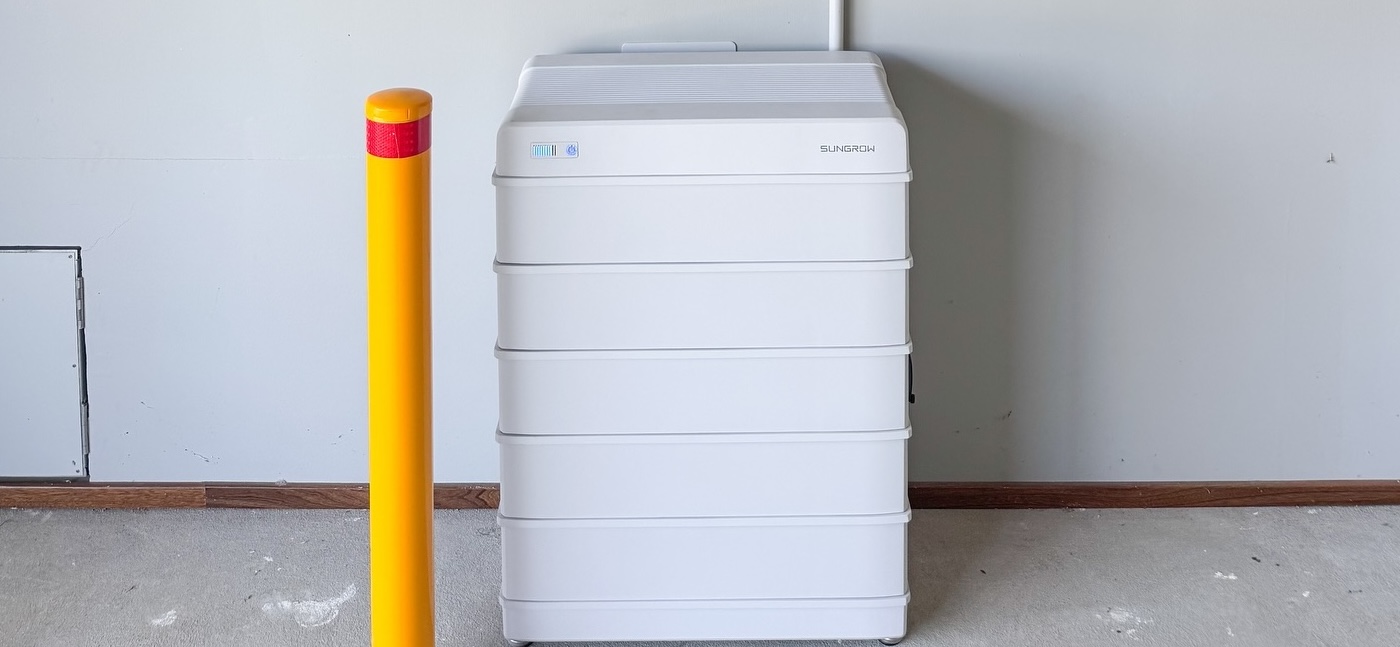If you’re considering installing a solar battery in NSW or the ACT in 2025, you’ve probably heard growing concerns about rising prices. With record-breaking demand, tighter safety regulations, and new rebates kicking in, many households are asking: will solar battery prices in NSW 2025 really increase due to stock shortages? Let’s break it down.
Why Battery Prices Could Rise in 2025
Several key factors are driving potential price increases for solar batteries this year:
- Record Demand
Australia added more than 121,000 home batteries by mid-2025, fueled by the federal Cheaper Home Batteries Program, which slashes up to 30% off eligible systems. NSW and ACT homeowners rushed to take advantage, creating unprecedented demand. - Stock Shortages
Lithium-ion battery supply remains heavily reliant on imports from China and the US. Global shipping bottlenecks, material costs (especially lithium carbonate), and stricter customs screening for non-compliant imports are limiting supply. In NSW, safety regulations introduced in February 2025 phased out many cheaper, non-compliant batteries, further shrinking stock. - Regulatory Pressure
The NSW Gas and Electricity (Consumer Safety) Act 2017 updates and the Product Lifecycle Responsibility Act 2025 require batteries to meet strict safety and recycling standards. While this boosts long-term safety, it temporarily reduces options, especially budget imports.
Stock Shortages and Regulatory Pressure: The Double Squeeze
In 2025, one of the biggest challenges for the solar industry is simply keeping battery systems in stock. Australia still relies heavily on imports from China and the US, and with shipping delays, rising lithium costs, and tighter customs checks, supply chains remain under pressure.
In New South Wales, the situation is particularly difficult. Updated compliance requirements introduced in early 2025 tightened standards for which solar batteries can be installed, effectively phasing out many lower-cost models that did not meet Australian safety and performance benchmarks. Only batteries listed on the Clean Energy Council’s approved product list are eligible for government rebates and incentives, and installations must comply with the national AS/NZS 5139:2019 battery installation standard. This has resulted in fewer product options and greater competition for compliant batteries.
At the same time, legislation such as the Gas and Electricity (Consumer Safety) Act 2017 and new product stewardship obligations under schemes like the NSW Peak Demand Reduction Scheme are raising the bar for safety, recycling, and accountability. These changes are important for long-term consumer protection and sustainability, but they also reduce the availability of cheaper imports.
Together, these pressures—restricted supply and stricter compliance—are creating a “double squeeze”, making solar batteries in NSW and the ACT more expensive in 2025.
Why Local Expertise Matters in NSW and ACT
Regulations in NSW and the ACT are among the most stringent in Australia. From strict installation rules to ongoing recycling requirements, homeowners need more than just a battery—they need a partner who understands the compliance landscape. At Stag Electrical, we go beyond installation by providing tailored advice, rebate guidance, and peace of mind that every system we install meets or exceeds the latest safety standards.
Long-Term Outlook: Will Prices Eventually Fall?
While 2025 is shaping up to be a year of higher prices due to shortages, the long-term outlook is more promising. As more manufacturers invest in recycling facilities and local assembly, costs are expected to stabilize. By 2026, industry analysts predict that improved lithium supply and wider compliance with Australian safety standards could help bring prices back down. For now, though, early adoption is the best strategy to avoid paying more.
Solar battery prices in NSW and ACT are likely to rise in 2025 due to shortages and booming demand. But with smart planning, securing stock early, leveraging rebates, and choosing compliant brands, you can still make the transition affordable.
Let’s talk! Our team is ready to provide expert advice and help you plan the right solar battery solution for your home.




